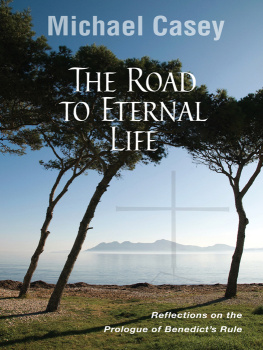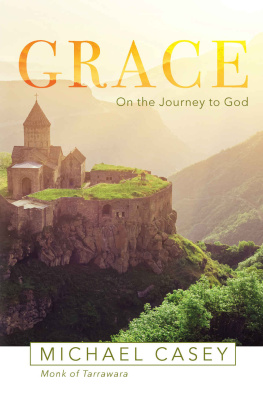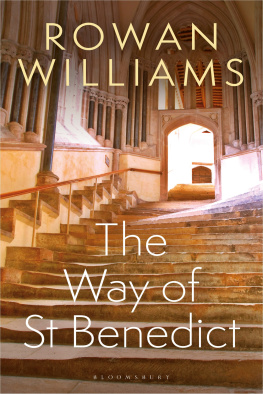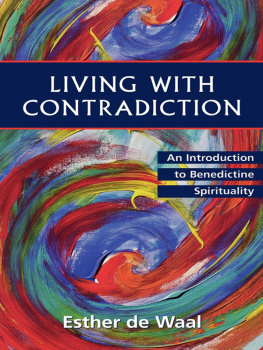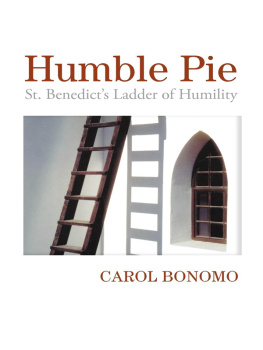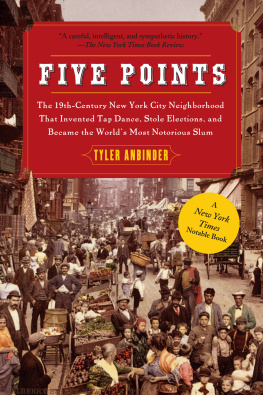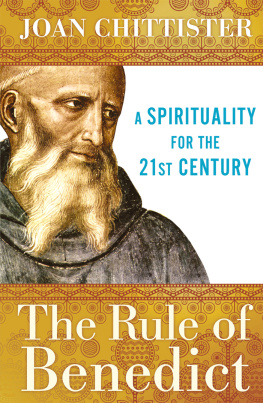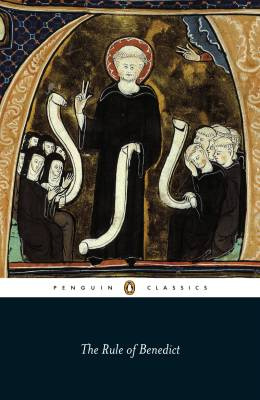THE ROAD TO ETERNAL LIFE
The Road to Eternal Life
Reflections on the Prologue of Benedicts Rule
Michael Casey, OCSO

LITURGICAL PRESS
Collegeville, Minnesota
www.litpress.org
Imprimi potest. Abbot David G. Tomlins, OCSO
7 December 2010
2011 by Order of Saint Benedict, Collegeville, Minnesota. All rights reserved. No part of this book may be reproduced in any form, by print, microfilm, microfiche, mechanical recording, photocopying, translation, or by any other means, known or yet unknown, for any purpose except brief quotations in reviews, without the previous written permission of Liturgical Press, Saint Johns Abbey, PO Box 7500, Collegeville, Minnesota 56321-7500. Printed in the United States of America.

Library of Congress Cataloging-in-Publication Data
Casey, Michael, 1942
The road to eternal life : reflections on the Prologue of
Benedicts Rule / Michael Casey.
p. cm.
ISBN 978-0-8146-3384-7 ISBN 978-0-8146-3954-2 (e-book)
1. Benedict, Saint, Abbot of Monte Cassino. Regula. Prologus.
2. BenedictinesSpiritual life. 3. Meditations. I. Title.
BX3004.Z5C338 2011
255.106dc22
2011016486
Preface
These reflections began life as a yearlong series of ten-minute talks made available each week during 2010 on the Tarrawarra Abbey website. Each talk took as its starting point a verse of the Prologue of the Rule of Saint Benedict and mulled over it, drawing on other passages from the Rule, themes from monastic tradition, and my own life experience to try to come to appreciate what Saint Benedict was saying.
To the best of my knowledge, this is the first time the Prologue has been submitted to such intensive comment. There are many books available dealing with Benedictine spirituality, but not many of these submit themselves to the discipline of sustained attention to the text of the Rule. I have chosen to do a close reading of Saint Benedicts text in the hope that less of what he intended to say will escape me. This involves paying close attention to every word and every phrase. To help me in this I have retranslated the text, not because existing translations are inadequate, but because it compelled me to gauge carefully the exact meaning of every verse.
Strictly speaking, these talks are not a commentary. I have termed them simply reflections. They are closest to the writings of the twelfth-century Cistercians, like Bernard of Clairvaux, who have influenced me so greatly. These were termed sermones, not sermons as we know them, but familiar talks, using the text as a springboard or point of departure. The content of these talks was not always predictable, although they circled around a few strong themes and were always focused firmly on practical Christian living in daily life. They were meant to help the listeners to build a bridge between the text and their own lives and, thus, to invite them to keep drawing from their own meditations the inspiration for a better life.
I have chosen as my base text the Prologue of Saint Benedicts Rule. Although the bulk of this long preliminary section is drawn from his principal source, the so-called Rule of the Master, it remains a fair indication of the background to Saint Benedicts thinking that is evident in the more practical portions of the Rule. It is the backdrop against which takes place all the drama of monastic life. Alas, sometimes we get so caught up in the details that we fail to watch the tides but, instead, concentrate on the eddies.
The alert reader will notice my indebtedness to the work of the masterful commentators with which our generation is blessed. I note, in particular, that I have profited much from the work of Aquinata Bckmann, Terrence Kardong, Michaela Puzicha, and Adalbert de Vog, though I can scarcely hold them responsible for any errors I have made.
There is much repetition in the Prologue, which invites the lazy commentator to take a shortcut by combining two or three verses together. I have resisted this temptation on the ground that if Saint Benedict considered a theme important enough to bear repeating, then the commentator should follow his example. The fact that the reflections were composed on a stop-and-go basis, with about a week between their composition, meant that after a lapse in time my take on a particular theme was often slightly different. If I were to repeat the exercise in five years time, the end product would most likely be significantly different.
These reflections are probably best read in the manner that they were written: one at a time, spread out, maybe, over the course of a year. Their purpose is not to deliver a neatly packaged and definitive set of considerations for each verse but to invite readers to continue the process for themselves, aligning the text with their own experience and allowing it to speak to their lives.
As many have noted, the opening word of the Rule is Listen! I have tried to listen to what the text was saying as I wrote and also to listen to my own life. I hope readers will do the same. In this manner the Rule will have a formative influence on their life and spirituality, providing a complement to contemporary sources of guidance. But, first, all of us, you and I, must learn to listen and so to become genuine disciples in the school of the Lords service.
I have given this series of talks the title The Road to Eternal Life because I have come to the conclusion that this is really Saint Benedicts principal concern in the Prologue: to map out for us the road that leads to heaven. Behind this image is the theme of the journey. This metaphor refers not so much to the glamorous luxury of airline advertisements but to the hard and rough going that was typical of travel in the ancient world, with few conveniences and many dangers. The journey is tolerable only because of a lively hope of arriving at the desired destination; to lose sight of the goal renders the traveling meaningless.
The Rule was written for monks and when I am speaking of Saint Benedicts own context I usually frame my remarks in a male and monastic context. As often as possible in the rest of these reflections, I have tried to twist the syntax to ensure that neither women disciples of Saint Benedict nor those who do not live in monasteries may feel excluded. I ask readers indulgence if I have not been perfectly successful in this endeavor.
The translations of all biblical and patristic texts are my own. I have followed the Vulgate numbering of the Psalms, as used by Saint Benedict; usually it is one less than the Hebrew numbering found in most modern versions. For the rest, sit back and enjoy the fight.
Saint Benedicts Rule for Monasteries
The Prologue
In this way, by the labor of obedience, you will return to him from whom you have withdrawn by the slackness of disobedience.
In this way, [Christ] who has been pleased to count us in the number of his sons will not ever be grieved by our evil deeds.
Also he will not, as a fearsome Lord, angry because of our evil deeds, hand us over to perpetual punishment like the most wicked of slaves who were not willing to follow him to glory.
Run while you have the light of life, lest the darkness of death envelop you.
Behold, in his kindness the Lord is showing us the road of life.
Next page
